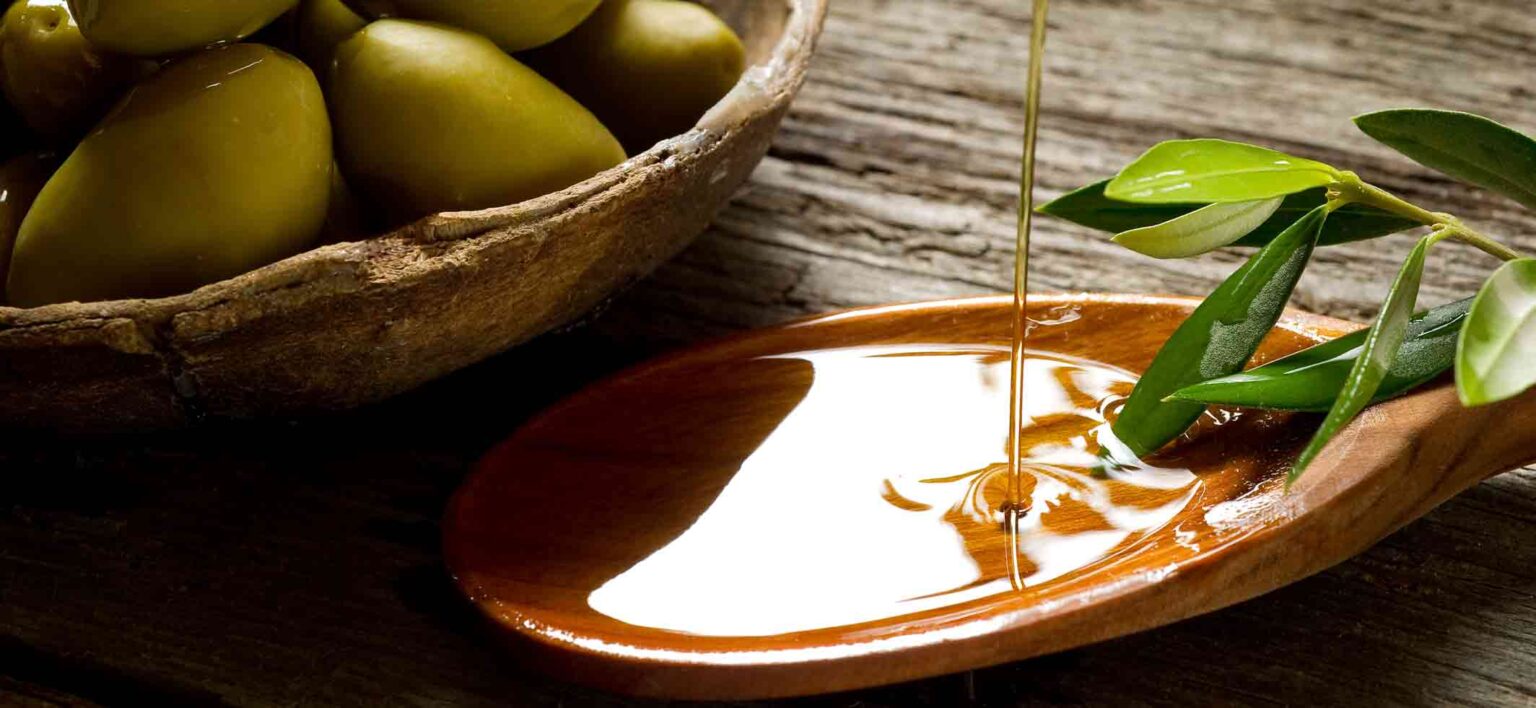
Generally attributed to its minor components, such as polyphenols, it has already been well established by science. However, little attention has been paid to oleic acid, which makes up between 70% and 80% of its composition. For this reason, a group of professors from the Faculties of Pharmacy and Medicine at the University of Seville compiled its most important contributions to health in a study.
This fatty acid is the main component of olive oil and is responsible for many healthy properties. Oleic acid is produced through food and synthesized in the body. Thus, it is the most abundant monounsaturated fatty acid (MUFA) in the human diet.
The Mediterranean diet is the most recognized for the prevention of disease and aging. The olive tree (Olea europaea L.) is widespread in the Mediterranean region, and the olive oil obtained from its fruit is the most characteristic nutrient and the main fat of this diet, which is also characterized by a high consumption of vegetables, a moderate consumption of fish, a low to moderate consumption of dairy products, a low consumption of red meat, and a moderate consumption of wine.
Oleic acid is the most important PUFA in the human circulatory system. In the brain, it is an important component of membrane phospholipids and is very abundant in the myelin sheaths of neurons. A significant decrease in oleic acid has been observed in the brains of patients with major depressive disorders and Alzheimer’s disease.
Like all free fatty acids, oleic acid’s main function is as an energy molecule and a component of cell membranes. One of its most characteristic effects is its antioxidant capacity, as it can directly regulate both the synthesis and activity of antioxidant enzymes. Another beneficial property is its hypocholesterolemic effect: it reduces the expression of proteins related to cholesterol transport, reduces cholesterol absorption, and thus prevents atherosclerosis.
Oleic acid is also recognized as an anticancer molecule due to this nutraceutical’s inhibitory effect on oncogene overexpression and its effect on dead-programmed cells. Furthermore, oleic acid is generally considered an anti-inflammatory molecule, although this property is still controversial in the scientific community.
On the other hand, oleoylethanolamide, a derivative of oleic acid, has inherent anti-inflammatory and antioxidant effects and has been proposed as an effective therapeutic agent for the treatment of obesity, enhancing the health-promoting properties of oleic acid. New research suggests that it may influence epigenetic mechanisms (direct changes to DNA and related proteins) and the modulation of the immune system, particularly by regulating cells involved in the development of inflammation.
Finally, the authors of this study noted that most of the work investigating olive oil has been conducted on animals, which is why they caution against the need for further research to confirm the properties demonstrated by this molecule and its derivative, oleoylethanolamide, in humans.
Important Note: aceitedelcampo.com promotes the consumption of extra virgin olive oil for its culinary qualities and health benefits. However, no medication or current treatment should be replaced without the guidance of a healthcare professional.
ALZAYT EXPORT SL
info@aceitedelcampo.com
C/ Eduardo Bosca 19, 2-5
46023 Valencia
Subscribe to receive discounts, promotions, and news.